"Master of None" Returns With Class and Daring For Season Two
Vox
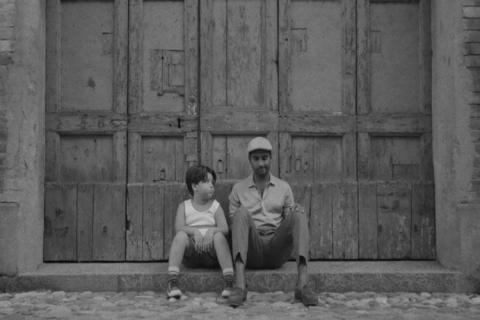
Master of None's second season tackles the intersection of queer identities and race, as well as the diversity of New York City, painting a fuller picture of the city than shows that have come before like Girls, or even Louie.


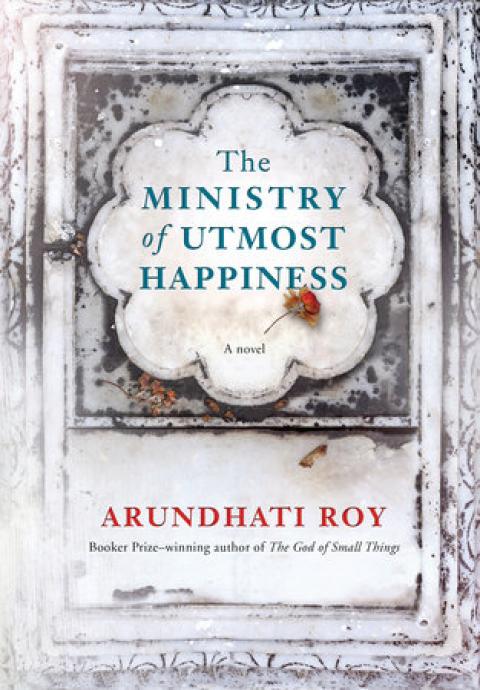
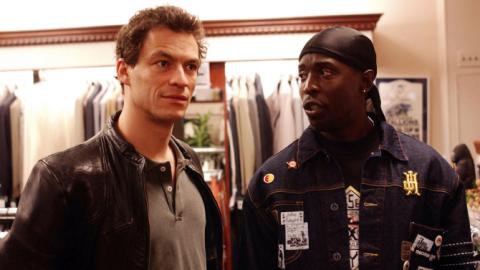
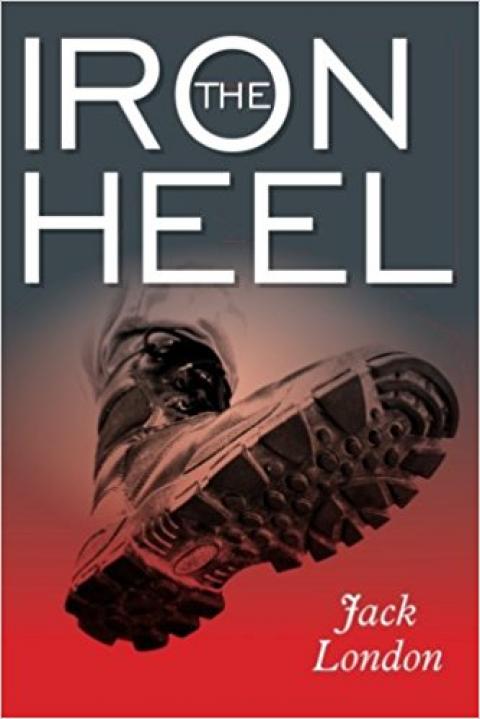
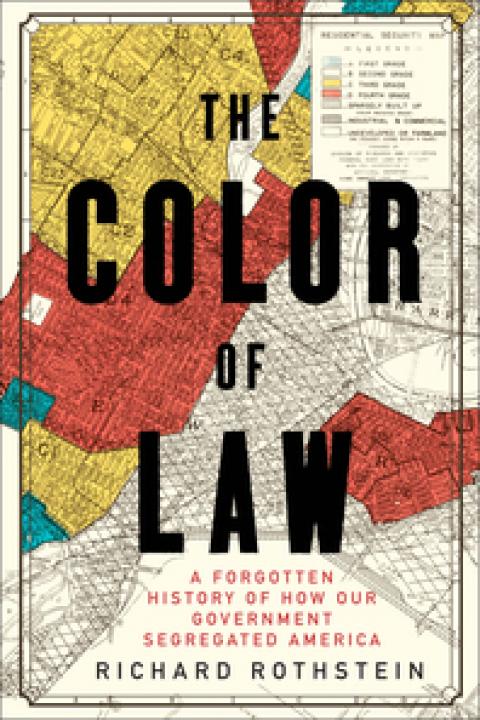


Spread the word